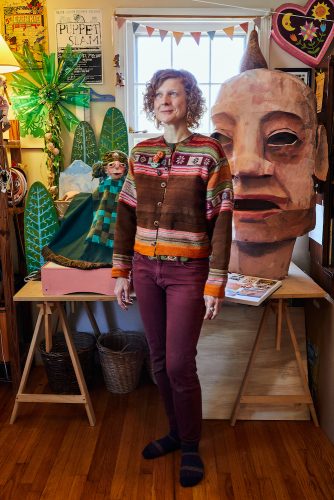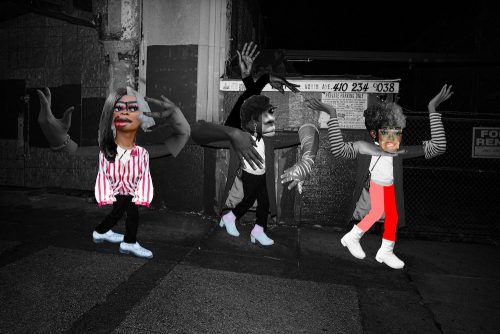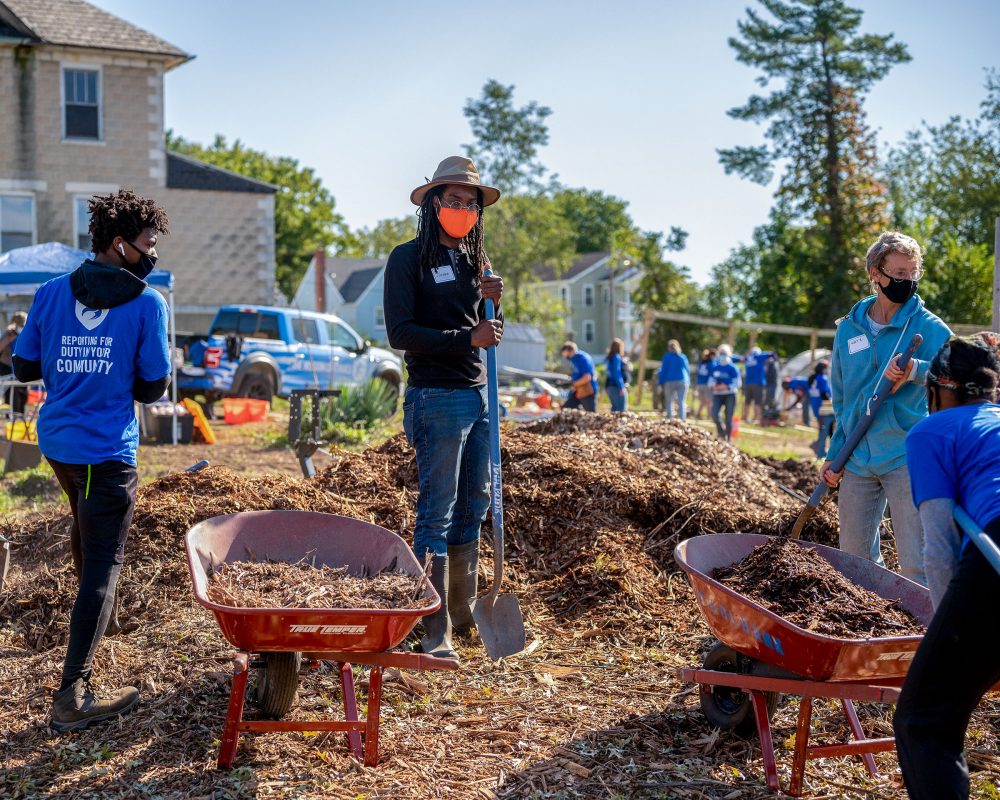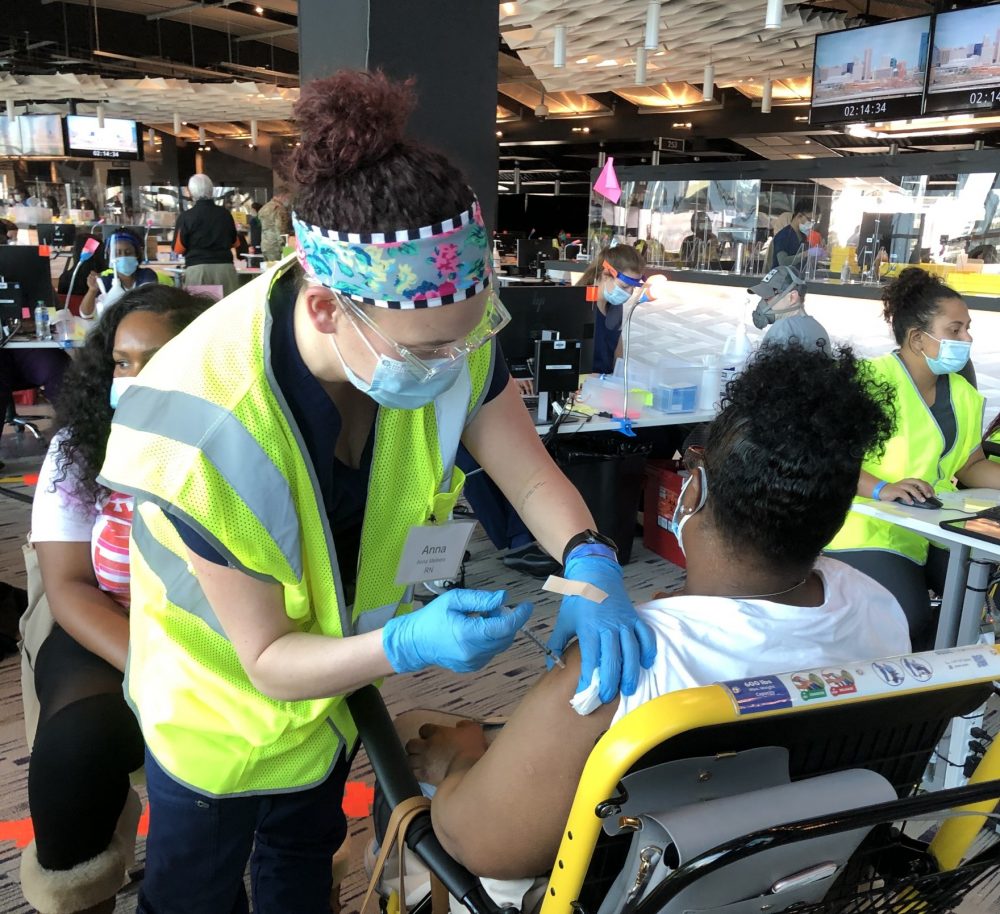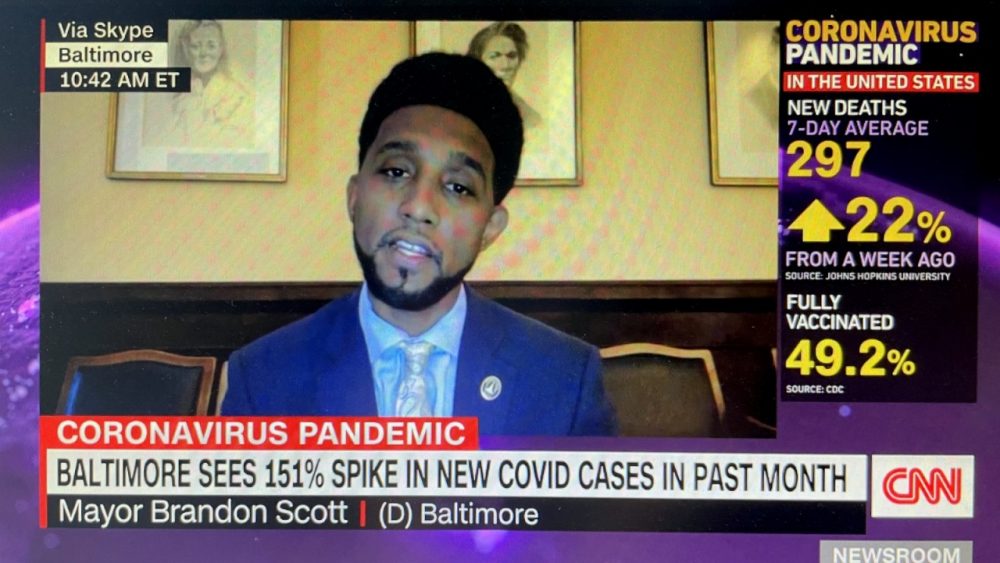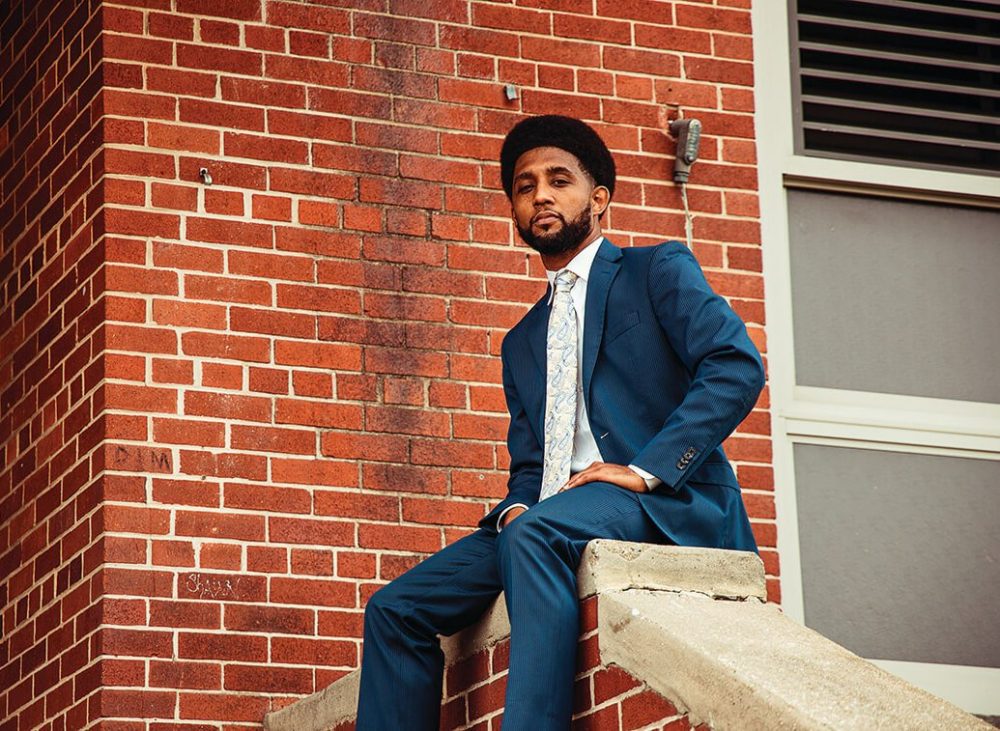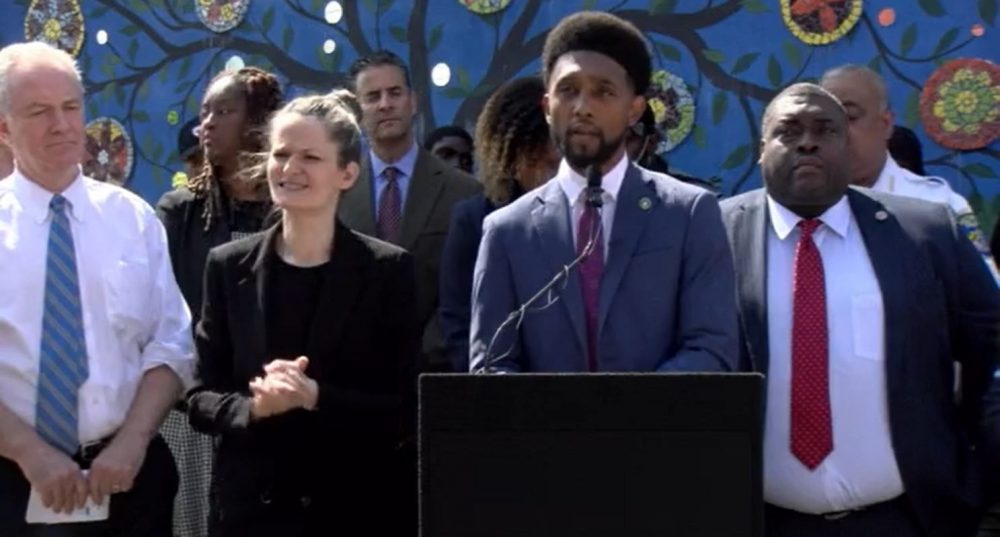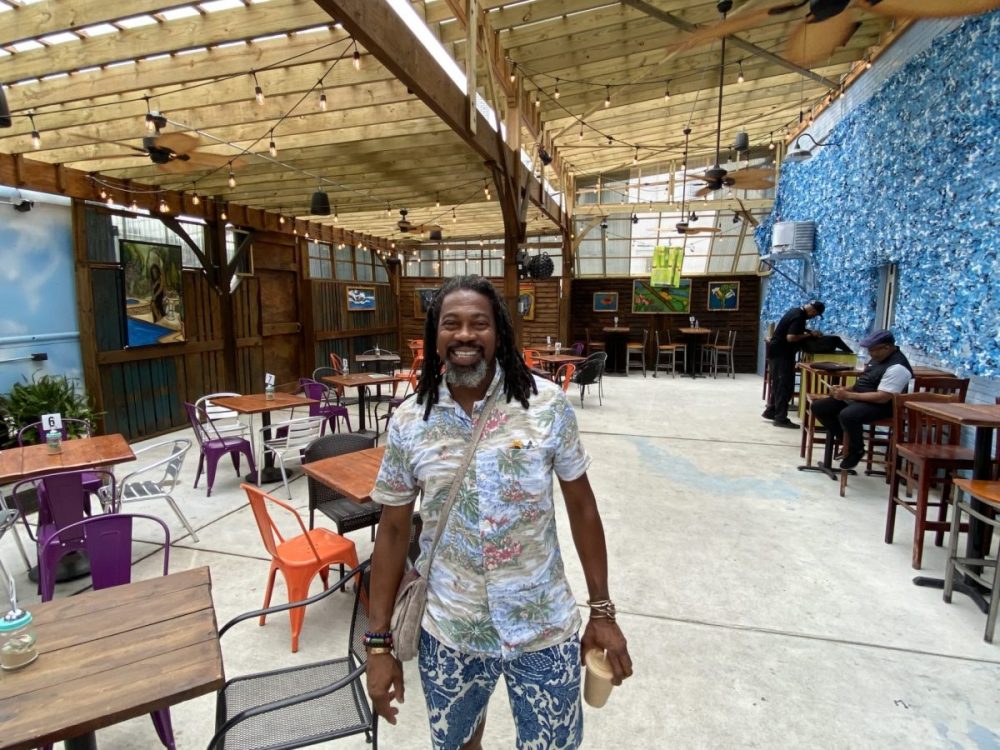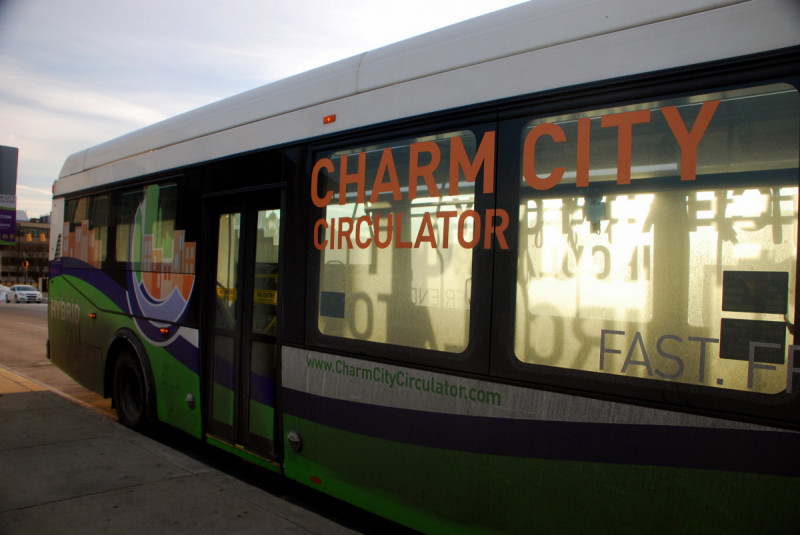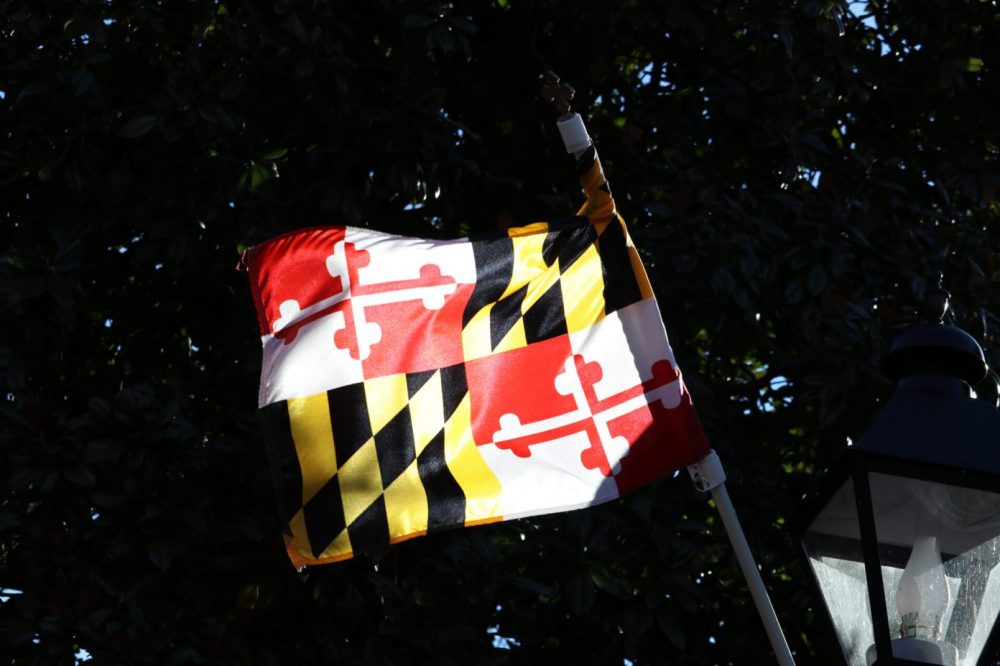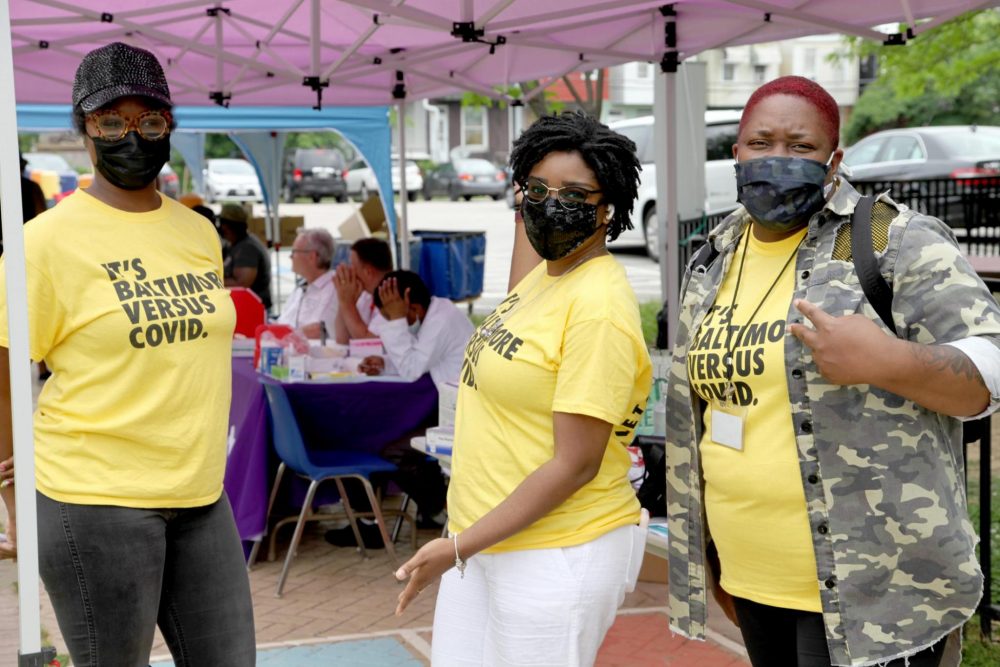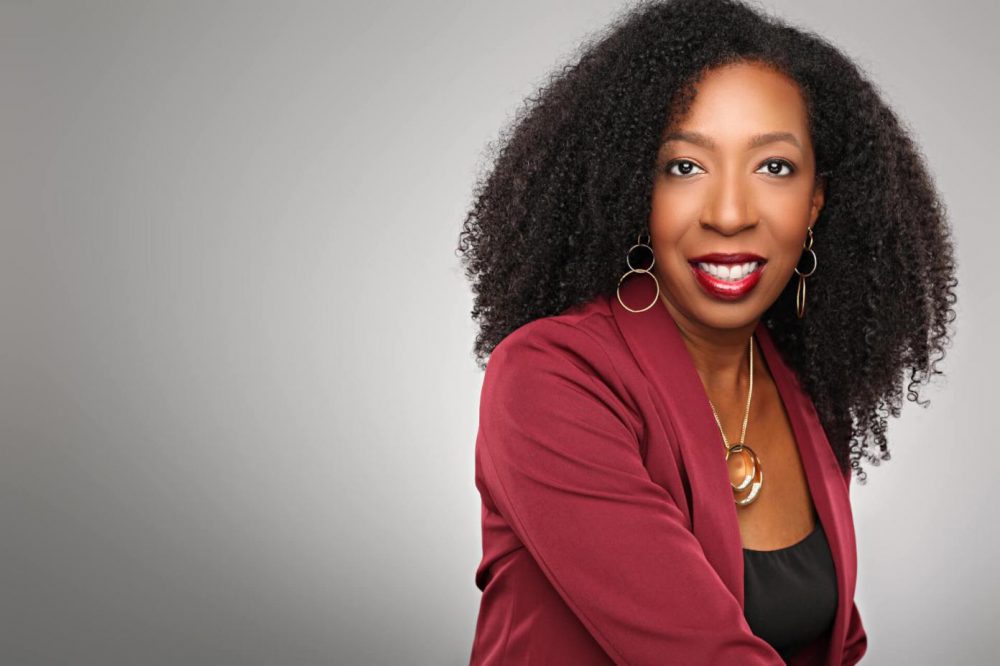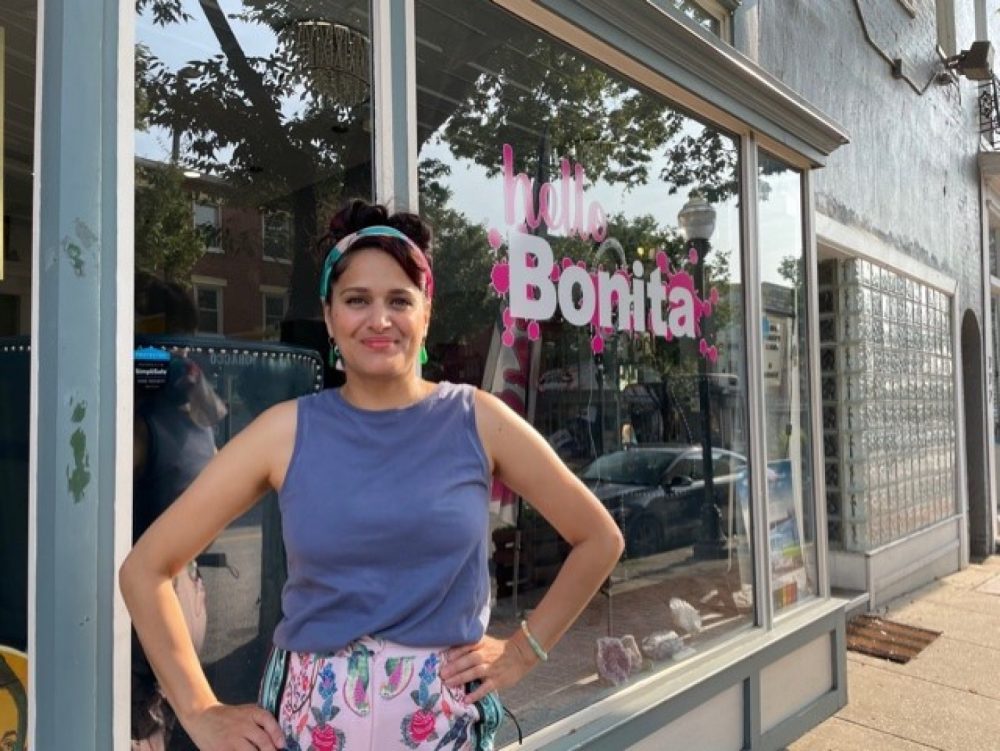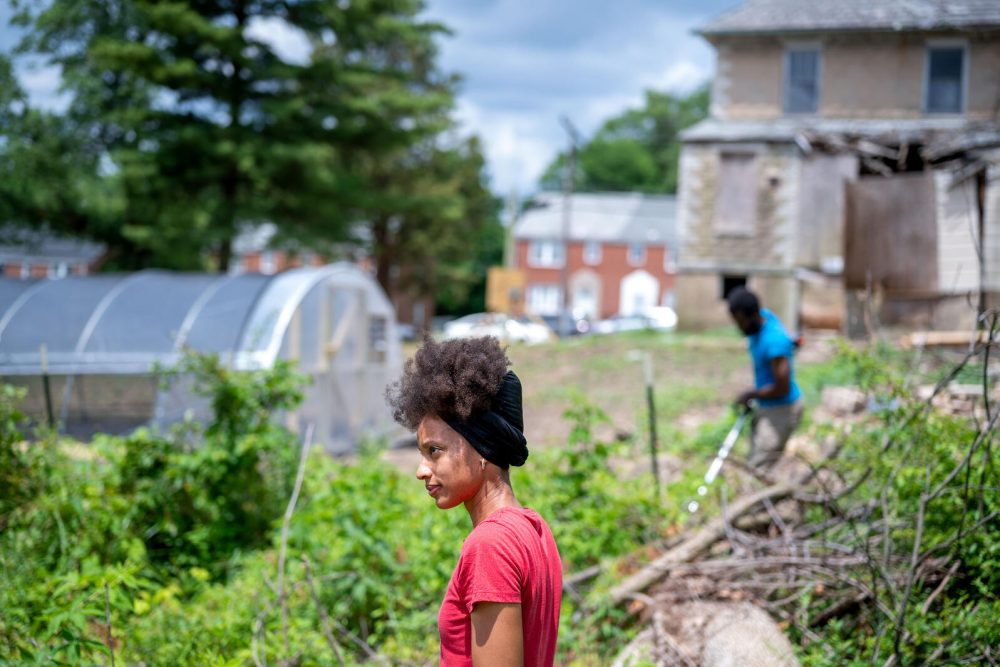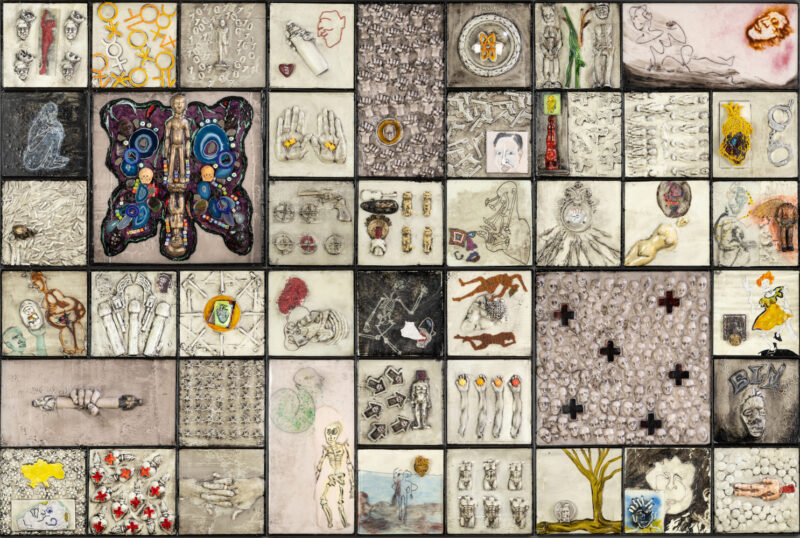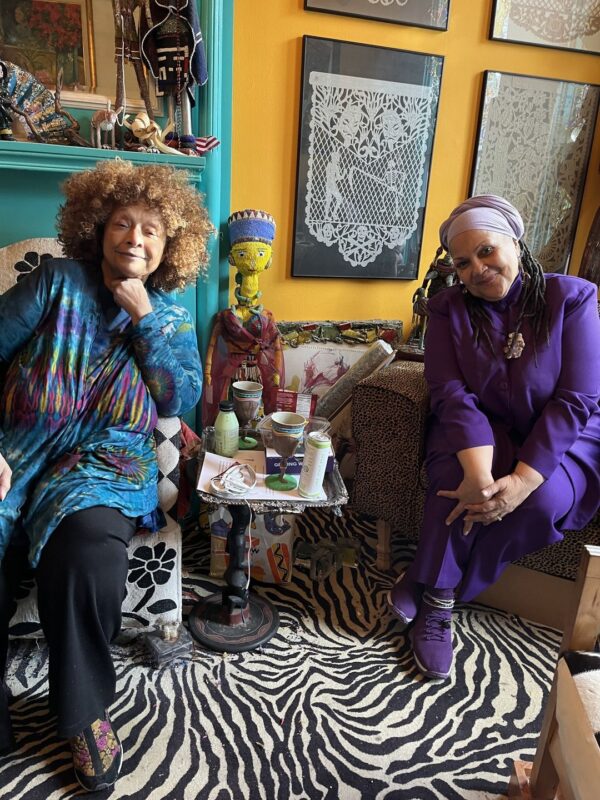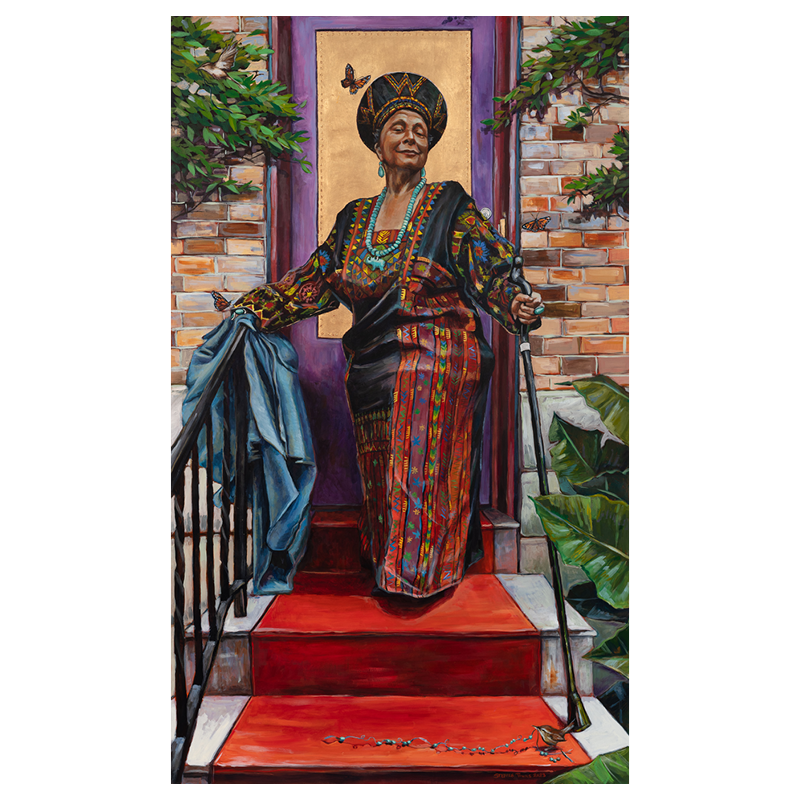Local Barbershops And Salons Step Up To Cut COVID Short
by Sarah Y. Kim
Published July 23 in WYPR
Excerpt: The Maryland Department of Health is tapping into a new resource to boost COVID-19 vaccination rates: hair salons and barber shops.
Kaiser Permanente’s “Good Health & Great Hair” program launched in 2016 to reduce health disparities in West Baltimore by bringing clinical and social services to local hair salons and barber shops.
Now, these businesses are offering COVID vaccine education in Baltimore City, as well as in Montgomery and Prince George’s counties. In some cases, they’ll also be hosting vaccine clinics.
The hope is that people will develop vaccine confidence through conversations with a hairdresser or barber they trust.
Dina Rodriguez Tillman is the owner of Hello Bonita, a hair salon located in Baltimore’s Pigtown neighborhood. Tillman was introduced to Good Health & Great Hair before the pandemic.
“A lot of people in my community, the Latino community, they’re undocumented, and they don’t come out and they’re afraid to go to their doctors,” Tillman said. “But we’ve been so greatly impacted by this pandemic.”
To become vaccine educators, hair salon and barber shop owners like Tillman undergo a multi-part training curriculum with physicians at Kaiser Permanente.
Before COVID, residents could stop by Hello Bonita for services like blood pressure screenings and flu shots. Tillman said such services will continue.
“It’s so much deeper than just the COVID vaccine shot. It’s about making sure that people are taking care of themselves,” she said. “Mentally, physically.”
See also:
Thinking With Your Head: State Fights COVID Vaccine Hesitancy Through Salons and Barbershops
by Hannah Gaskill
Published July 23 in Maryland Matters
